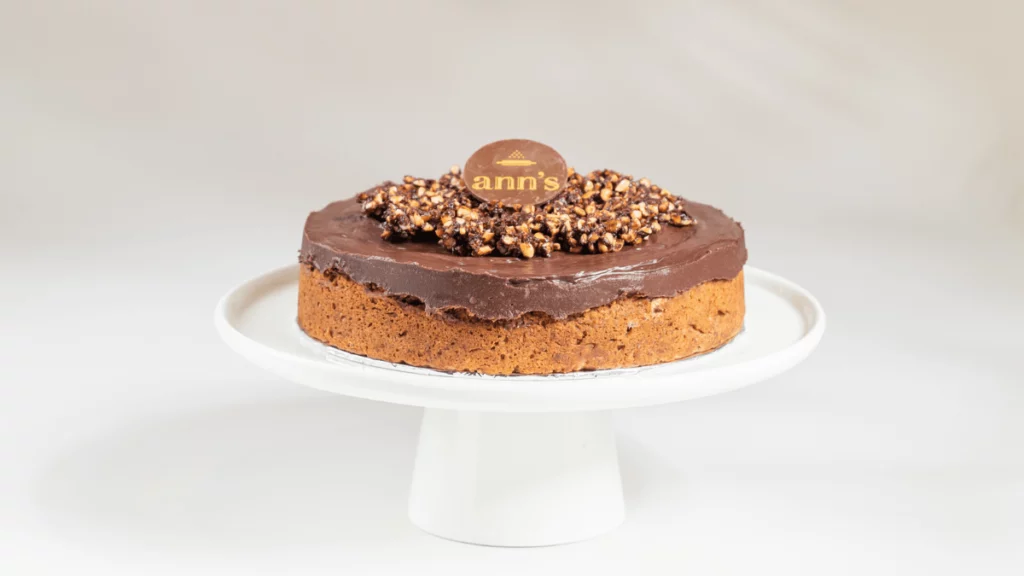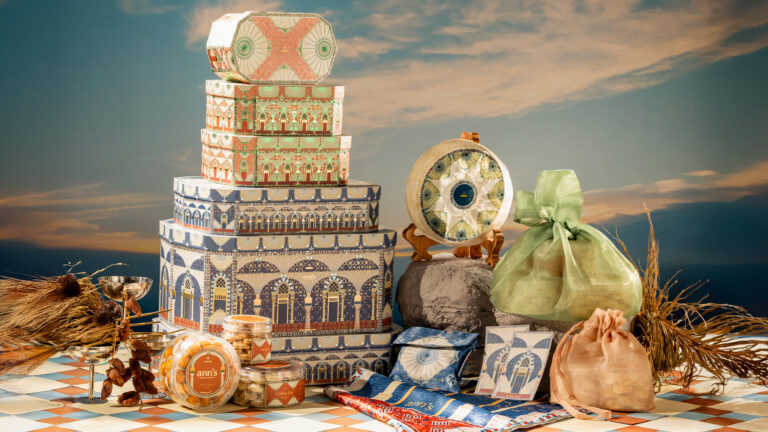
Diwali, the Festival of Lights, holds profound significance that goes beyond mere celebrations. Rooted in rich history and mythology, Diwali symbolizes the triumph of good over evil, knowledge over ignorance, and light over darkness. This festival invites us to explore deeper meanings that resonate across cultures and time.
Explore the Historical and Mythological Significance of Diwali
Diwali’s origins are deeply embedded in various mythological narratives. The most well-known story is that of Lord Rama, who returned to Ayodhya after a 14-year exile and vanquished the demon king Ravana. His return was celebrated with the lighting of diyas, symbolizing the joy of victory and the importance of righteousness.
In addition to the tale of Rama, Diwali also commemorates the worship of Goddess Lakshmi, the deity of wealth and prosperity. For Jains, the festival marks the attainment of nirvana by Lord Mahavira. Each of these stories contributes to a rich tapestry of meanings, reinforcing the festival’s themes of hope, renewal, and spiritual enlightenment.
Various Symbolisms Associated with the Festival

Diwali is replete with symbols that enhance its significance. Diyas, or oil lamps, represent the light of knowledge dispelling the darkness of ignorance. The act of lighting these lamps becomes a personal ritual for many, serving as a reminder to seek wisdom and clarity in life.
Rangoli, the colorful patterns created on the floors of homes, symbolizes prosperity and invites good fortune. These designs, often made from colored powders or flower petals, transform spaces into vibrant canvases that reflect joy and creativity.
Goddess Lakshmi plays a crucial role during Diwali, as families perform puja (prayers) to seek her blessings for wealth and well-being. Her image is often depicted with coins and prosperity symbols, reminding us that material wealth should be accompanied by moral integrity and spiritual growth.
Connect These Symbols to the Deeper Meanings of the Festival
The symbols of Diwali collectively convey powerful messages. The triumph of light over darkness is not just a physical illumination; it reflects the inner journey of overcoming personal struggles. As diyas are lit, they serve as a metaphor for igniting hope and courage within ourselves.
The celebration of knowledge over ignorance encourages us to pursue learning and understanding in our daily lives. This aspect of Diwali invites individuals to seek wisdom not just for personal gain, but for the betterment of society.
Ultimately, Diwali emphasizes the victory of good over evil, inspiring people to embody virtues like compassion, integrity, and kindness. Each symbol serves as a reminder of our responsibilities to ourselves and to one another, promoting a collective journey toward a brighter future.
Incorporating Modern Values
As society evolves, so do the ways in which Diwali is celebrated. Modern Diwali festivities reflect an amalgamation of tradition and contemporary values, making the festival relevant to diverse communities.
In recent years, Diwali celebrations have transcended cultural and geographical boundaries. People from various backgrounds embrace the festival, celebrating it with unique customs and practices. This inclusivity enriches the festival, allowing it to be a unifying force in a multicultural world.
Modern celebrations also emphasize sustainability, with an increasing focus on eco-friendly practices. From using biodegradable materials for decorations to choosing sparklers over firecrackers, many are striving to honor the festival while being mindful of environmental impact.
The Importance of Inclusivity and Sustainability in Modern Diwali Celebrations
Inclusivity during Diwali celebrations fosters community spirit, allowing everyone to participate, regardless of their background. This ethos promotes understanding and cooperation, reinforcing the values of love and acceptance that lie at the heart of the festival.
Sustainability is another essential modern value that aligns with the spirit of Diwali. Many are now opting for environmentally friendly options, such as clay diyas instead of plastic, and organic colors for rangoli. By making conscious choices, we can celebrate the festival while protecting our planet for future generations.
The Role of Food in Diwali
Food is an integral part of any celebration, and Diwali is no exception. The festival is synonymous with an array of traditional sweets and savory dishes, reflecting the rich culinary heritage of India.
Highlight the Significance of Food in Indian Culture
In Indian culture, food is not just sustenance; it embodies love, community, and celebration. During Diwali, families prepare elaborate meals and sweets to share with loved ones. This act of cooking and sharing food strengthens bonds and fosters a sense of togetherness.
The preparation of sweets like ladoos and barfis holds special significance, as they are often offered to guests as symbols of goodwill and hospitality. The diverse flavors and regional specialties that emerge during Diwali highlight the festival’s celebratory nature and the joy of sharing.
Ann’s Super Banana Cake: a Delicious and Healthy Alternative to Traditional Diwali Sweets
In light of modern dietary preferences and health consciousness, there’s a growing interest in healthier alternatives to traditional Diwali sweets. Ann’s Super Banana Cake is an excellent example of this trend. Made from plant-based, gluten-free ingredients, this cake aligns perfectly with contemporary values of health and sustainability.
This delicious alternative not only caters to those with dietary restrictions but also retains the festive spirit of Diwali. It provides a guilt-free indulgence that families can enjoy together, making it a fitting addition to the Diwali spread. By incorporating such options into celebrations, we can honor tradition while embracing modern sensibilities.
Diwali, with its rich tapestry of meanings, symbols, and evolving practices, serves as a profound reminder of our shared values. From celebrating the triumph of light over darkness to embracing inclusivity and sustainability, the festival invites us to reflect on our connections to one another and to the world around us. As we gather with loved ones, sharing food and joy, let us also carry forward the deeper lessons of Diwali into our lives, fostering a spirit of compassion, knowledge, and hope.
Share Ann’s gluten-free delight with your loved ones during Diwali. Order online through our website or offline at our stores today!
Read More: Ann’s Bakehouse & Creamery: The Best Cake Shop in Jakarta for a Taste of International Delight




Leave feedback about this